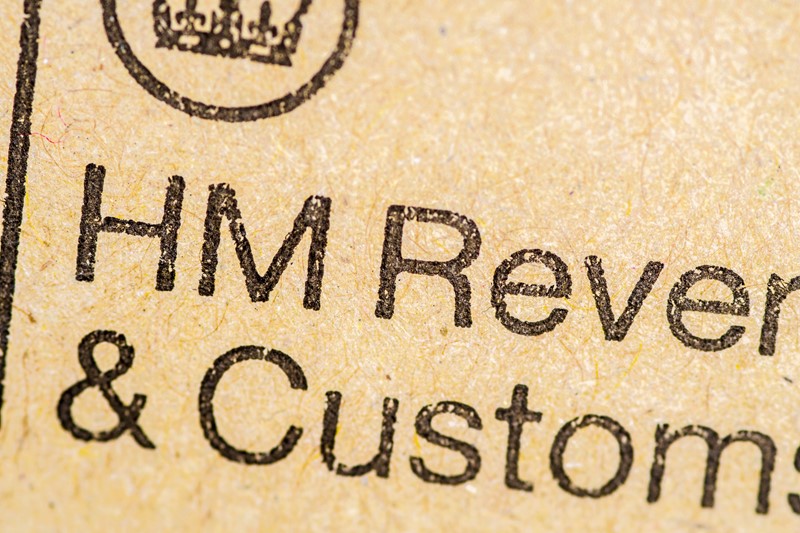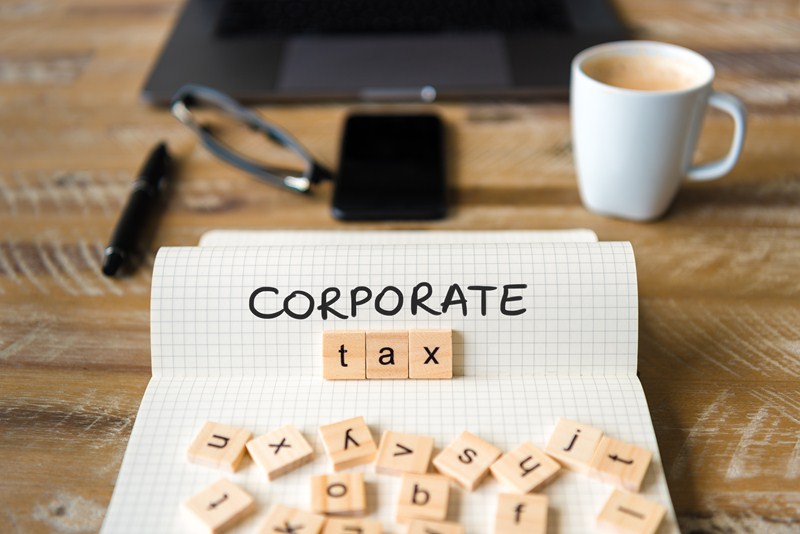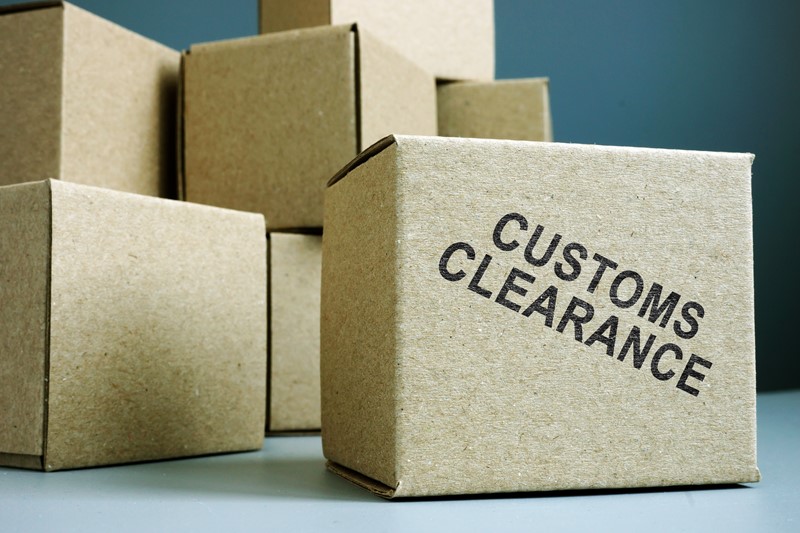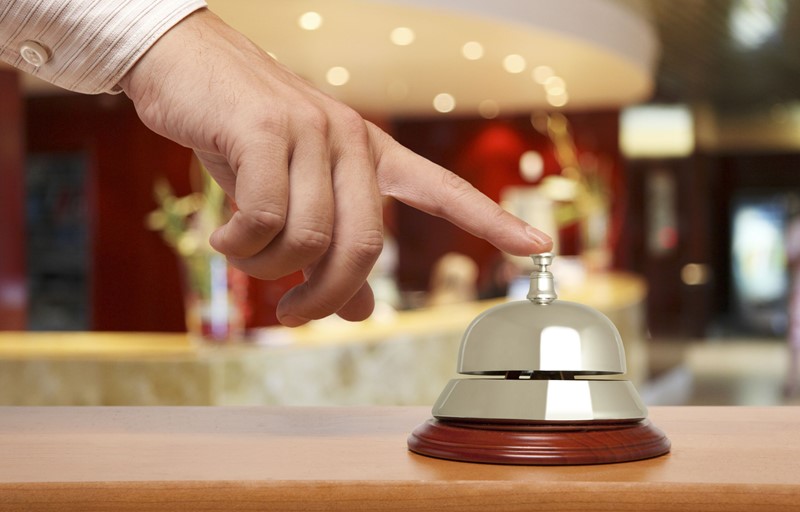The rules for the Corporation Tax treatment of carried forward losses changed from 1 April 2017. The changes increased flexibility to set off carried forward losses against total profits of the same company or another company in a group whilst at the same time introducing new restrictions as to the amount of profits against which carried forward losses can be set.
However, there is a specific restriction in respect of company reconstructions that disallows carried forward losses to a successor company. Broadly speaking, the losses disallowed equate to the amount of the debts the predecessor company is unable to pay.
The restriction is calculated as follows:
- add up the liabilities, except share capital and reserves, kept by the predecessor,
- deduct the value of the assets kept by the predecessor,
- deduct the sale consideration given for the transfer.
If the result is a positive sum, that is the amount of the relevant liabilities restriction. Losses up to and including that amount are then disallowed (any losses in excess of that sum being allowed). If the result is a negative sum, there is no disallowance.












